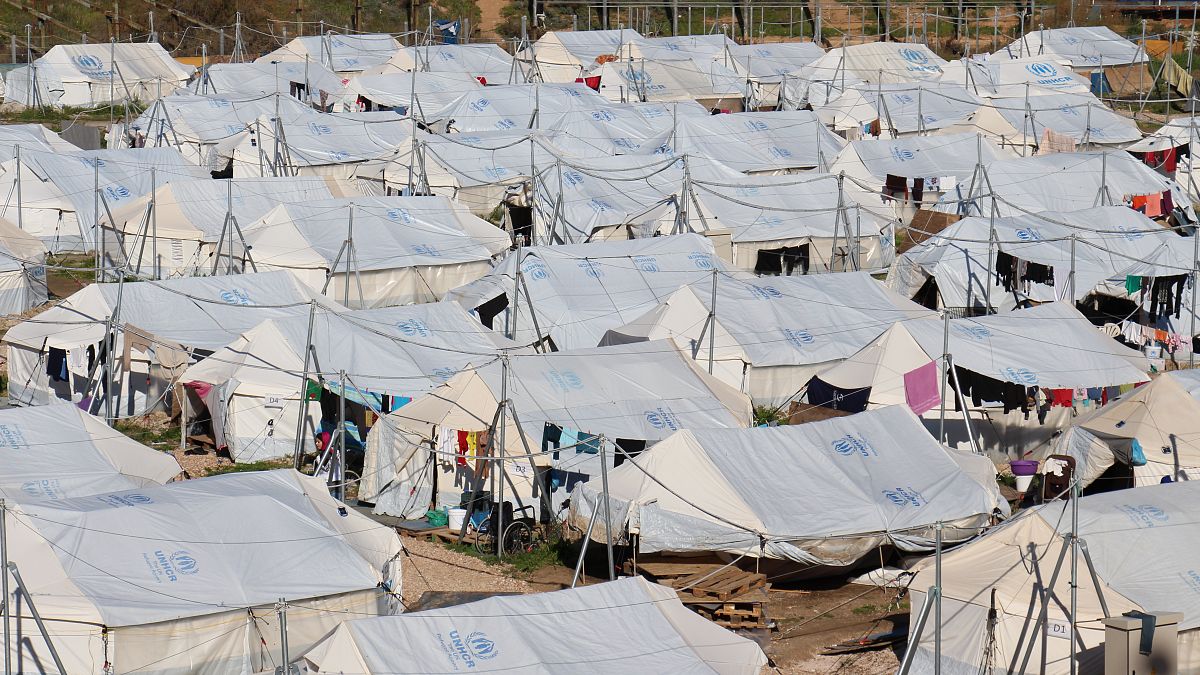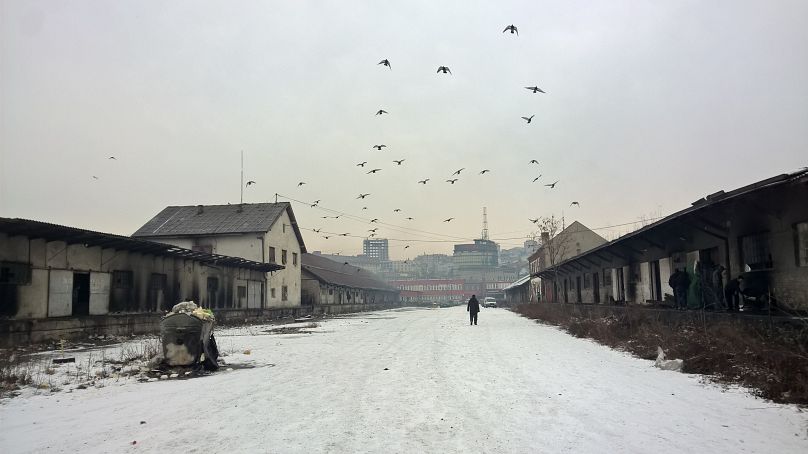The Amnesty International World report reviews topics such as freedom of expression, counter-terrorism laws, immigration laws, women's rights, and minority rights.
Between eastern Europe's "hostile discourse to human rights" and the rights of freedom of association and assembly put at risk in the entire continent, this year's Amnesty International World Report warned that "space for civil society continued to shrink in Europe".
These are the key takeaways for Europe from the report.
1. Freedom of expression
Amnesty International slammed eastern European countries such as Belarus and Russia for putting restrictions on media, NGOs, and public assemblies. The organisation points out that Crimeans who speak out against the Russian occupation face prison or exile.
It also singled out Turkey for detaining people who it believed had backed the 2016 coup attempt. The report also pointed out that all government criticism had disappeared from mainstream media and that hundreds of journalists had been jailed in the country.
2. Restrictive laws
Eastern European countries also have some of the most restrictive laws in the continent, the report said.
Amnesty denounced Hungary's June 2017 law on the transparency of organisations funded from abroad. According to the NGO, Ukraine and Moldova tried passing a similar law but the latter withdrew from it.
The non-profit also criticised the passing of bills in Poland that gave the ruling Law and Justice party control of judicial appointments and the supreme court, saying this placed "the right to a fair trial at risk".
3. Freedom of Association and Assembly
Freedom of association and assembly was put at risk by the entire European continent according to the report.
In Russia, police used force to stop the anti-corruption protests that took place in March across the country. While in Spain, police used force against demonstrators in Catalonia, Amnesty said.
The NGO also alleges that police and justice authorities in Poland have tried to undermine freedom of assembly by suppressing anti-government protesters.
4. Counter-terror and security
Amnesty criticised Western Europe for imposing "discriminatory counter-terrorism laws". The organisation said these laws were being strengthened by the EU Directive on Combating Terrorism, which criminalised "training and travelling for terrorist purposes" and "collecting funds meant for terrorism".
The NGO said that "vague definitions of terrorism" were used to persecute activists and human rights defenders — especially in Turkey but in parts of Western Europe as well.
Amnesty denounced France's new counter-terrorism law for "embedding in ordinary law many of the measures permitted under the emergency regime," which ended in November 2017.
The organisation also condemned countries that proposed detention without charge or trial.
5. Refugees and migrants
The European Union came under scrutiny for allegedly "intensifying their efforts to prevent migrants' entry".
Amnesty also said European governments were encouraging transit countries to implement stricter border control measures without "adequate human rights guarantees," which trapped refugees and migrants in countries were they lacked protection.
In the meantime, solidarity with countries receiving the majority of arrivals continued to be short, the report said.
The NGO also highlighted that non-profits on the ground which are helping to rescue people in the Mediterranean faced new restrictions on their activities.
Europe's alleged collaboration with the Libyan government, despite the country's human rights abuses, was also criticised.
6. Women's Rights
The #MeToo movement moblised thousands in Europe, however, some countries like Ireland and Poland still don't offer safe abortion options for women, the report said.
It added that gender-based violence against women remained pervasive in countries like Albania, Croatia, and Romania.
7. Minority Rights
Discrimination of minorities is still wide-spread in Europe according to the report.
Some minorities facing the most discrimination include Roma and Muslim communities.
Austria was singled out for its new law banning any kind of full-face covering in public spaces. The report condemned the law as restricting rights to freedom of expression and religion.
8. Rights of LGBT
Eastern European countries were singled out for being the most discriminatory against LGBT communities.
While Malta was singled out for approving same-sex marriage legislation on September 2017, as well as Germany for granting marriage rights to everyone regardless of gender or sexual orientation.

